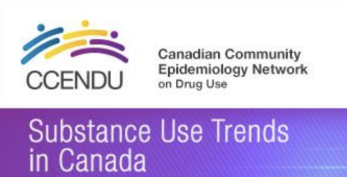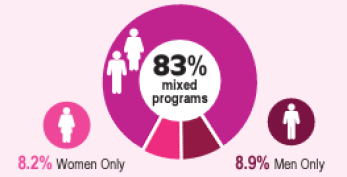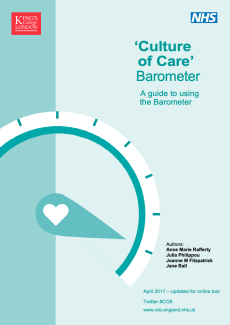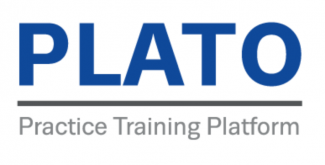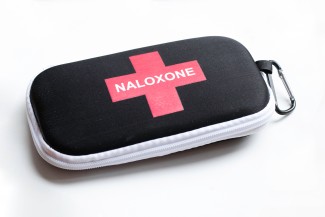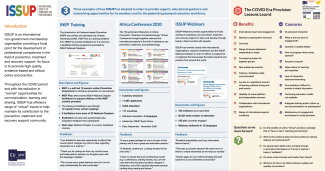Search
Treatment
Applying interventions designed to reduce and manage the symptoms of substance use disorders.
The intersection of homelessness, trauma, and substance use: Reading list
This reading list is designed to complement the webinar presented by Lili Lemieux-Cumberlege on trauma, homelessness, and substance use. The presentation explored the subject through a personal, interpersonal, and systemic lens, and...
Introducing compassion focused therapy
Compassion focused therapy (CFT) is based on the evolutionary, functional analysis of basic social motivational systems (e.g., to exist within groups and care for kin) and emotional systems (e.g., to respond to threats, seek out contentment...
Culture of Care’ Barometer
An organisational culture is the collection of values, expectations, and practices that shape the overall feeling and actions among staff members. A culture of care is an environment that is created where people feel valued and supported as...
Adverse childhood experiences and related outcomes among adults experiencing homelessness
People who are homeless experience significant physical, mental and social challenges that are linked with poor health and functioning. Rates of substance use issues, mental health difficulties, injury and chronic disease are significantly...
Variations in risks from smoking between high-income, middle-income, and low-income countries
Alcohol and the Environment
The Institute of Alcohol Studies presents Seminar Two in its four-part series on alcohol and sustainability. Seminar Two looks at the impact the production, packaging and distribution of alcohol has on both the local and global environment...
Alcohol industry sustainability commitments
The Institute of Alcohol Studies presents Seminar Three in its four-part series on alcohol and sustainability.
Seminar Three explores the voluntary commitments on sustainability made by alcohol producers, examining pledges in the wider...
Marketing and Consumption of No and Low Alcohol Drinks in the UK
With NoLo products increasing in popularity among producers and customers, a new report looks at how these drinks are marketed in the UK and how and why consumers drink them.
Using interviews with drinkers and non-drinkers, as well as...
EMCDDA launches PLATO e-learning platform and virtual community of practice
PLATO, a multilingual integrated platform, is designed to facilitate online training, e-learning and discussion through a virtual community of practice (VCP).
At present, PLATO hosts the European Prevention Curriculum (EUPC), a programme...
Take-Home Naloxone and the Prevention of Deaths from Heroin Overdose
Naloxone is a drug that can reverse the effects of opioid drugs like heroin, methadone, opium, codeine, morphine and buprenorphine, and is an important aid in preventing drug-related deaths.
Overdose deaths are often witnessed and can be...
Barriers to Support for People Experiencing Problem Substance Use and Homelessness
Evidence-based principles for effective drug demand reduction: applying theory to practice
New Trends in Education and Training Programs in Addictions at the Higher Education and University Levels
BACKGROUND
A broad range of professionals, training opportunities, and regional differences exist in the addiction study field worldwide. This educational variety poses a challenge in proposing a precise classification of study programs at...
The Master’s in Drug Dependence at the University of Barcelona: Historical Perspective and Future Challenges
BACKGROUND
The two-year, multidisciplinary Master’s in Drug Dependence (MDD) at the University of Barcelona was created in 1986, after some years of offering shorter seminars. It was a response to the heroin crisis of the 80s and 90s and...
Implementing and Evaluating the UPC to Promote Capacity Building among Drug Demand Reduction Practitioners in Nigeria: Lessons Learned and Future Directions
BACKGROUND
There has been a growing need to improve the knowledge and skills of addiction practitioners worldwide. The development of the Universal Prevention Curriculum (UPC) is one effort to address these needs. This paper is the first...
Developing Curriculum for the Training of Non-Specialist in Addiction Studies in Nigerian Universities: The Journey of Nigerian ICUDDR Team
BACKGROUND
This article describes the need to develop a workforce to address the public health burden of drug use in Nigeria. Central to workforce development is the development and implementation of a substance use curriculum.
AIMS
The...
Supporting Emergency Remote Teaching Due to Coronavirus Pandemic: Problem Solving Group at ICUDDR
BACKGROUND
The COVID-19 pandemic has been challenging for all and has had a particular effect on university-level educators. Although the use of technologies in education is recognised as critical in developing transversal skills and...
Training Needs Assessment of Specialists Who Provide Care to People with Substance Use Disorders in Ukraine
BACKGROUND
In Ukraine, substance use disorders (SUDs) and rates of HIV infection are growing, the number of specialists does not meet country’s addiction treatment demands, and the quality of the care is often insufficient and does not...
Maintaining the Provision for Professional Development in the COVID Era: Three Practical Examples
ISSUP participated in the European Society of Prevention Research (EUSPR) 2021 Conference which took place online from the 29th of September to the 1st of October by presenting an oral poster that focussed on three practical examples of...
Consequences of Lockdown and the COVID-19 Pandemic for a Selected Sport – Comparative Study
BACKGROUND
In December 2019, severe viral pneumonia caused by the new beta coronavirus appeared in China. It spread rapidly around the world and affected it greatly. In order to stop the global COVID-19 pandemic, the world was forced to...
Share the Knowledge: ISSUP members can post in the Knowledge Share – Sign in or become a member

